What are you reading this summer? Members of the Northern Slant team share what they’ll be reading – and other things they’re looking forward to over the coming months particularly as COVID-19 restrictions (hopefully) continue to ease. Feel free to share your reading recommendations with us via our Facebook or Twitter page.
Julia Flanagan, Northern Slant’s Head of Events and Outreach
When Belfast’s beloved Queen’s Film Theatre recently reopened, I was quickly in line to see Chloé Zhao’s magnificent and deeply moving Oscar winning feature film, Nomadland. The movie is inspired by the 2017 non-fiction book Nomadland: Surviving America in the Twenty-First Century by journalist Jessica Bruder, which has been sitting in my pile of books for a number of months now. Nomadland is about a new phenomenon in America: the story of a generation of Americans whose economic future was shattered by the 2008 crash. Bruder shares the stories of a group of men and women forced onto the roads in their RVs, travel trailers and vans, to find seasonal work across America. While I imagine the book will be as sobering as the film, it is ultimately a story of resilience, hope, compassion and the American soul.
Scottish historian Niall Ferguson’s latest book Doom: the Politics of Catastrophe is my second book. Inspired by the current global pandemic, Ferguson sets out to find historical parallels in past contagions and catastrophes, the human responses to disasters more generally, and what lessons we might learn going forward.
Following a trip to Japan in 2017, I discovered a delightful book called Strange Weather in Tokyo by the Japanese writer Hiromi Kawakami. Her most recent book People from My Neighborhood is a series of short tales set in a small town neighbourhood in Japan. Like so many of Kawakami’s books, she has a delightful gift for exploring the mysteries of humanity.
Each of her stories are all weird and magically wonderful, filled with humour, sadness and curiosity. The perfect escape.
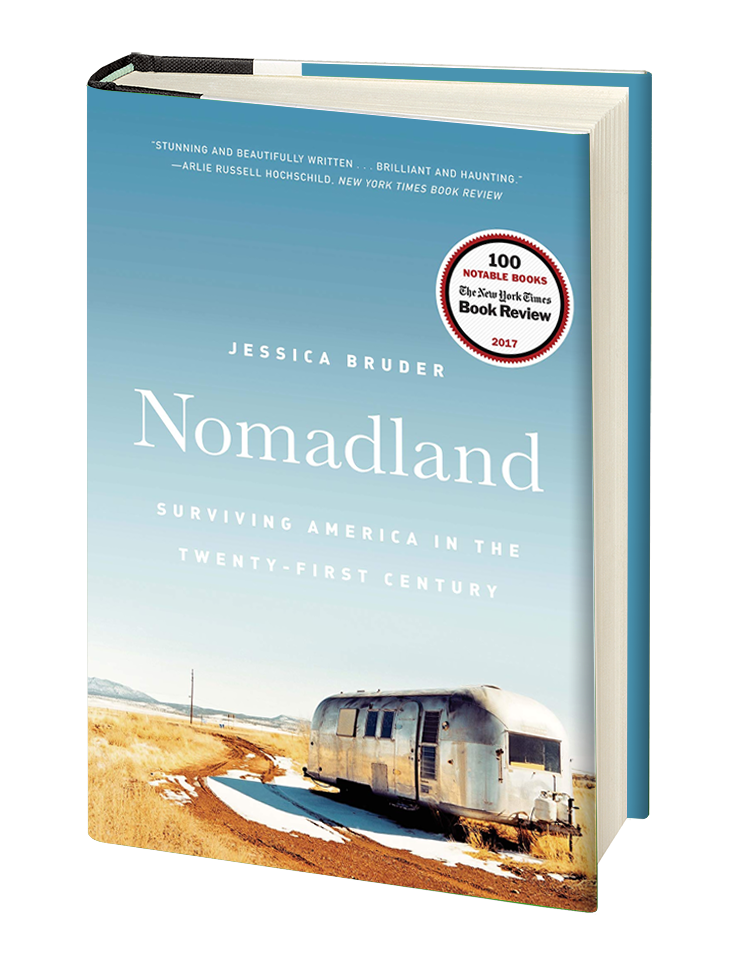
Steve McGookin, Editor of Northern Slant’s Global Section
It’s always humbling to see how really creative people spend a period of enforced changes to their productive lives, especially when the rest of us are wrestling with just continuing to do what we did, and probably not as well.
I’m particularly looking forward to these three books about American politics and society, as we all try to understand the past few years and anticipate the next few.
Edward-Isaac Dovere’s Battle for the Soul is about the 2020 Presidential election campaign, from the perspective of the Democratic side. There’s a comprehensive review here by Nick Field.
“One of Dovere’s major themes,” Field writes, “concerns Democratic angst over just how much of a mess the DNC became during Obama’s Administration. A particularly damning anecdote concerned a survey conducted by the newly victorious Obama campaign in 2008. One question found 30,000 respondents who’d said they would be interested in running for office, yet nothing was ever done with that information.
“That sense of apathy was evident as well in the 2017 contest for DNC Chair, as the establishment didn’t have a candidate to block Sanders’ choice Keith Ellison. It was only when Tom Perez decided late to give the DNC gig a shot that Obama threw his weight behind him.”
Former Obama administration official Ben Rhodes’s After The Fall looks at America’s place in the world in the wake of the Trump presidency. In a recent interview with the author, Rachel Maddow described it as a “dark book” and sure enough, this review in the New York Times by James Traub concurs –
“Much that he tells us about these places will be familiar to any attentive newspaper reader,” Traub writes. “However, Rhodes’s travels, and his contemplation of the scene at home, lead him to an important conclusion: The United States, having exported to the world unleashed capitalism, ungoverned social media and a militarized foreign policy, has now seen its pathologies weaponized by its enemies and turned back upon itself.”
The third US book is also by a former Obama adviser, Cass Sunstein, whose Liars: Falsehoods and Free Speech in an Age of Deception explores the impact of false information and the consequences of regulating it or not.
In a recent review for The Guardian, Stephen Poole writes: “Who, though, will decide what is false and whether it should be banned? Why, the government, best understood as a depersonalised version of Sunstein himself, well known as he is for the paternalistic assumptions of “nudge politics”, the point of which is to leverage ordinary people’s cognitive biases to trick them into doing what the nudger believes is best for them.”
So those three should keep me busy.
A little later in the summer – and a little closer to home – there will be Fintan O’Toole’s We Don’t Know Ourselves – A Personal History of Ireland Since 1958 which should be a joy.
In things cultural, there’s a new Foy Vance album, Signs of Life coming soon, and like everyone else, I’m looking forward to getting back to live concerts; three in particular that were postponed from last year – Bon Iver (fresh off collaborating with Taylor Swift), Karine Polwart and Jason Isbell.
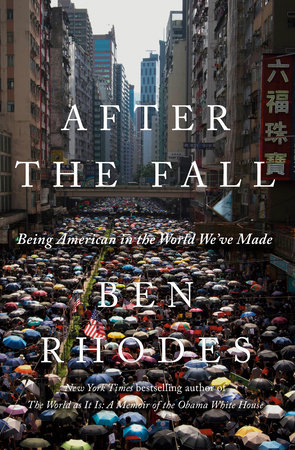
Jenny McCullough, Editor of Northern Slant’s Lifestyle Section
My ‘to be read’ pile of books has got higher rather than lower in lockdown, but I’m keen to start scaling it in the summer. At the top is Empire of Pain by Patrick Radden Keefe, the New Yorker writer improbably responsible for both Say Nothing and Wind of Change. It’s the origin story of OxyContin and the opioid crisis that killed hundreds of thousands of people while its founding family’s name — Sackler — was burnished by association with some of the world’s best-known arts and cultural institutions.
There’s such an astonishing range of new fiction from writers in and of Ireland that it’s almost overwhelming. The only way of defeating the fear of missing out is to get on and read them all, but I will set them aside for a while to catch up on some of the classics that I’ve let pass me by until now.
I’ll start with The Heat of the Day by Elizabeth Bowen, whose own history has recently been set in literary context by Lara Fiegel’s The Love-charm of Bombs. Set and partly written in wartime London, it’s a spy story, a love story and, as Roy Foster says in his introduction to it, a ghost story.
Richard Ovenden’s Burning the Books: a History of the Deliberate Destruction of Knowledge is a 3,000-year survey of how we know what we know and who to thank for it. It’s also a call to recognise and support libraries and archives as the guardians of the past truths and future potential of open, healthy societies. As a recovering librarian, I won’t be able to resist the idea of a book about books, written by Bodley’s Librarian, for much longer.
Much as I’m looking forward to the books themselves, I’m most excited about the possibility of reading them in the margins of doing other things: waiting for a film to start at one of the cinemas I learned about in lockdown, standing in the queue for an event at the Open House festival, or heading off on the train to meet my friends.
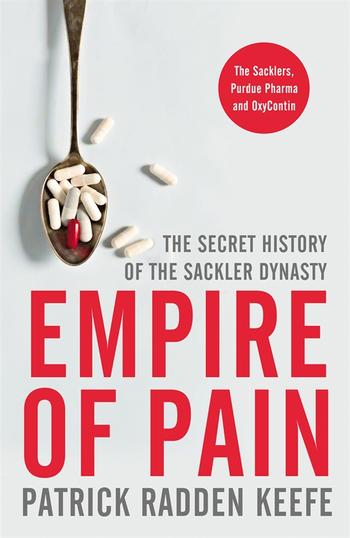
Jamie Pow, Editor of Northern Slant’s Politics Section
I’m one of those strange people who likes airports. I love the sense of anticipation at the start of a holiday, spending time just watching the world go by – and wondering where in the world everyone’s headed. I love looking out the window to watch the aircraft that keep our world connected. And I love sitting down to start a new book to help make sense of the world.
I’ll manage just fine without this experience for another while yet. Well, almost – I’ll just skip ahead to the part where I start into my summer reading list.
To kick things off, I’m looking forward to Northern Protestants: On Shifting Ground by Susan McKay. It contains nearly 100 interviews that capture a diverse range of Protestant perspectives, from politicians to business, community and religious leaders. It’s important to understand these perspectives in the context of the Brexit-induced flux that has come to dominate Northern Ireland’s centenary year.
For a historical perspective, the next book on my list is Two Lands on One Soil by the late Frank Wright. He lectured in Politics at Queen’s until his death in the early ‘90s, and this book represents one of his finest contributions. In it, Wright examines the period in the run-up to the first Home Rule Crisis in the late 19th century, providing an account of the emergence of the ‘Ulster question’ in British and Irish politics. It’s been a while since I’ve read it, but, inspired by the latest Frank Wright Memorial Lecture at Queen’s, it seems like a good way of placing some of the more recent questions facing the region into context.
Of course, Northern Ireland isn’t the only part of the world facing complex political questions. Around the globe, democracy itself has been coming under intense strain – a trend captured by more than a few book titles. How Democracies Die, Twilight of Democracy and The People vs Democracy are just some examples. But it’s fair to say that the relative emphasis has been on diagnosing problems than on prescribing (possible) solutions. That’s why I’ll be reading Mending Democracy by Carolyn Hendriks, Selen Ercan and John Boswell. In it they chart some refreshing, pragmatic ideas for democratic renewal – hopefully offering some rays of sunshine even if they won’t be visible in the skies above Northern Ireland too much this summer.
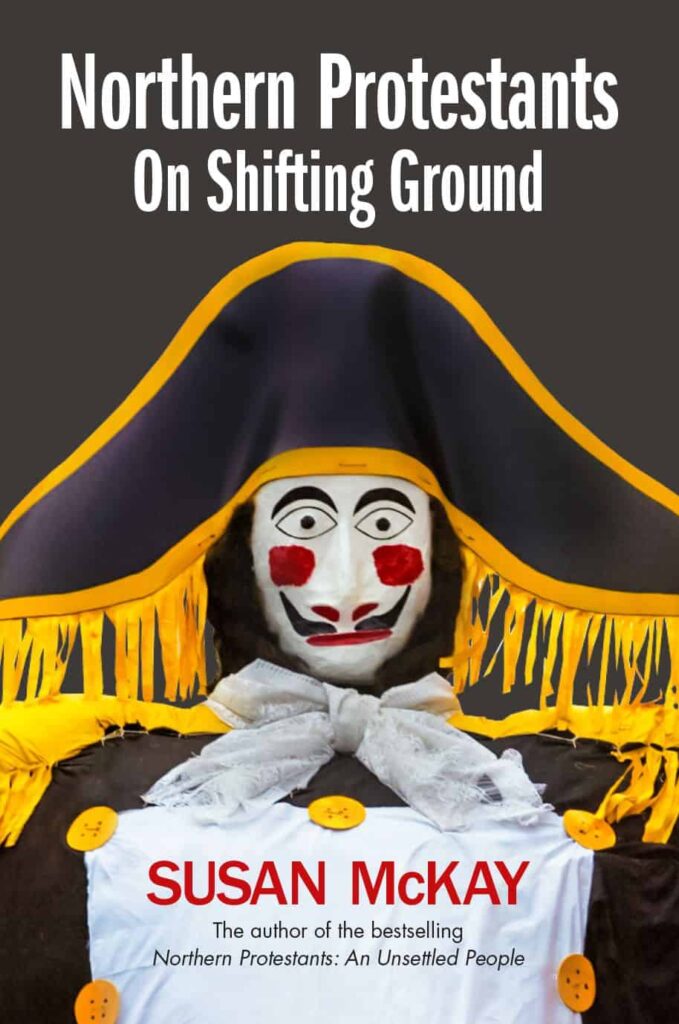
Connor Daly, Editor of Northern Slant
I love wondering around bookshops, observing variety from shelf to shelf, section to section, ahead of the eventual painful shortlisting process before check-out. I persuade myself that every book is an ‘investment’; I typically focus on current affairs, a politics or other (auto)biography, business, and a novel often having spent too much time scrolling through The Irish Times Books Twitter feed reading reviews beforehand.
All this likely explains why I’m in between two books currently: The Power of Geography by Tim Marshall and The Fire Starters by Jan Carson. Whereas I’m gradually making my way through Marshall’s 10 chapters on regions set to shape global politics in the future, I’m racing through Carson’s brilliantly written novel, set in Belfast during a politically tense summer period. I’d already been meaning to pick this up though reading Jenny McCullough’s excellent two-part interview with Carson on Northern Slant certainly accelerated this.
This summer, given how fast the world’s changing much of my reading list involves the future of politics, business and society: Seven Ways to Change the World: How to Fix the Most Pressing Issues We Face by former UK Prime Minister Gordon Brown, Values by former Bank of England governor Mark Carney, and Tarzan Economics: Eight Principles for Pivoting through Disruption by Spotify’s Chief Economist Will Page.
Susan McKay’s Northern Protestants is also up there, as is A Little Life by Hanya Yanagihara, published a few years back. At about 700-odd pages, this alone will keep me going until autumn. Or until I (likely) become side-tracked by more new releases.
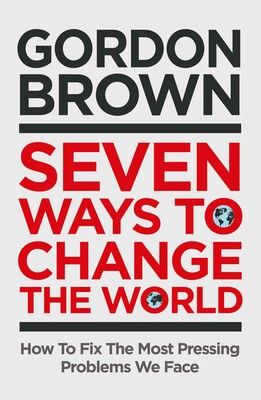
Also published on Medium.
